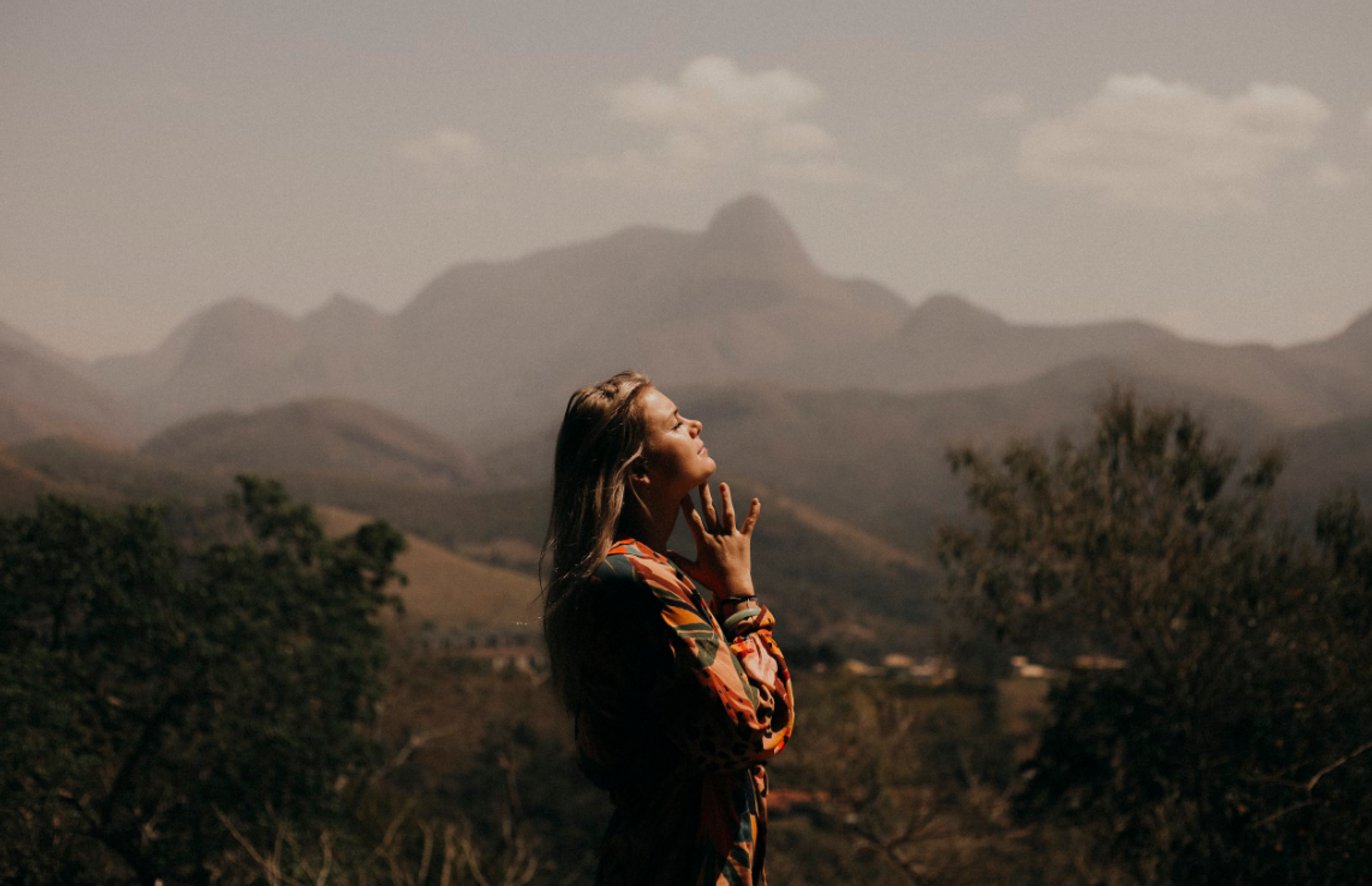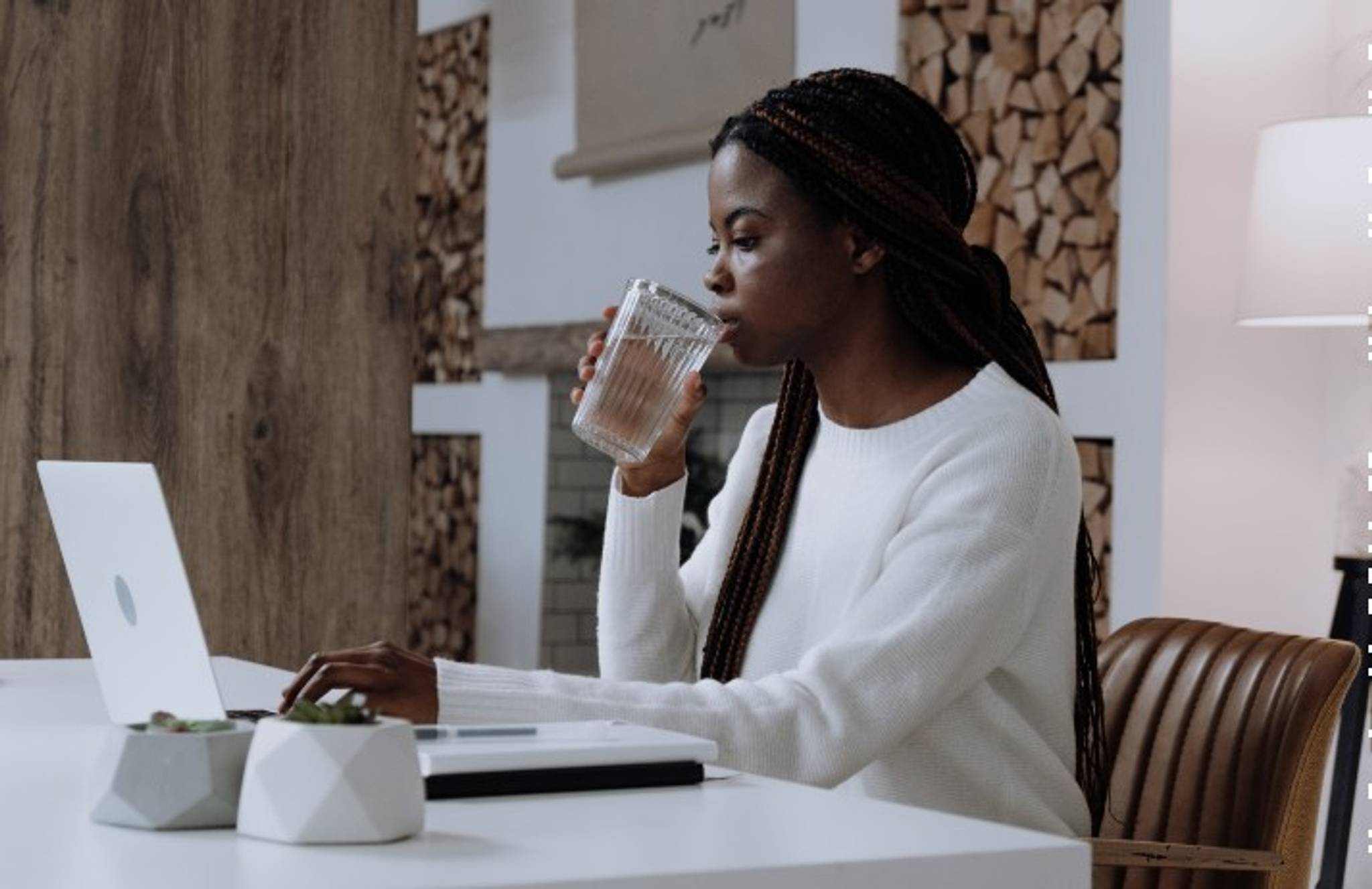
‘Lucky girl syndrome’ is dominating social media feeds as audiences gush over manifestation techniques and positive practices that should ultimately lead people to experience luck and success. But is this trend all it's made out to be? And where are people finding value in this way of thinking?
Global events that have dominated society and culture since 2020 have people feeling worse for wear. An ongoing pandemic, political instability, a healthcare crisis, the cost of living crisis and the looming threat of climate change are weighing heavily on people's minds.
A survey by Pew Research Center found that six-in-ten (58%) of Americans say that life for people like them is worse today than it was 50 years ago, and in the UK 23% of young people say that they’ll never recover from the emotional impact of the pandemic.
This is leading people to seek comfort, support, community and connection in any way they can as they attempt to manage the stressors of the modern world.
Enter the latest social media trend to take over: ‘lucky girl syndrome’. On TikTok, videos relating to the #luckygirlsyndrome have over 1.3 billion views and counting, as creators share tips, tricks and techniques on how people can get a little bit of good luck in their lives.
This trend is a mindset shift towards positive thinking as people begin to put power into their words and the act of manifestation, holding the belief that if you think you're lucky good things will come to you.
And to cope with uncertain and unpredictable realities, many people are turning to lucky girl syndrome as a way to take back their power and feel a sense of control in chaotic times.
But lucky girl syndrome isn't all sunshine and roses, as critics call out its links to toxic positivity.
"Depending on who you ask, it’s either an empowering practice that can see you fulfil your dreams by repeating daily affirmations such as 'Everything works out well for me'," said executive career coach Lisa Quinn, "or, it’s a non-inclusive, toxic social media trend of rich, white girls not checking their own privilege."
This trend often doesn't take into account systemic and structural biases that exist in the world that allow people to appear luckier than others, and it often doesn't recognise that negative emotions and feelings are entirely normal.
But there is a glimmer of hope as brands take action into their own hands, helping consumers and wider audiences feel a little bit of respite and calm through the launch of new products, initiatives and campaigns.
That has come in the form of merch from The Good Day Store, which sells manifestation hoodies and personalised motivational sweatshirts, the Men's Repair Shed initiative launched by New Mills that offers mental health support for men and fosters camaraderie through DIY activities, and Lofi Girl, a popular YouTube channel that creates calm through community listening
Lucky girl syndrome is culturally connecting with people as it allows them to have a positive outlook during times of turbulence, but real value is being found in support systems and community allyship that goes beyond surface-level trends.



